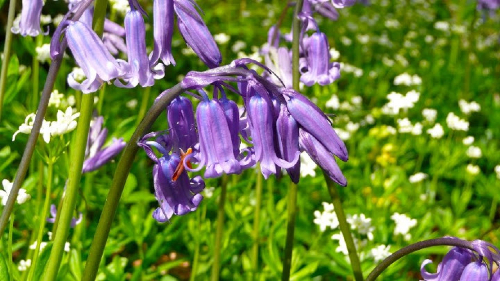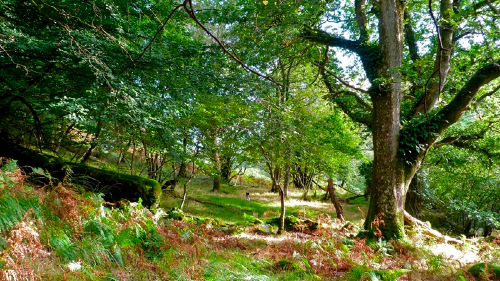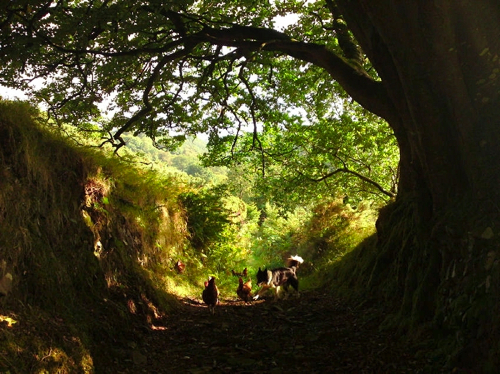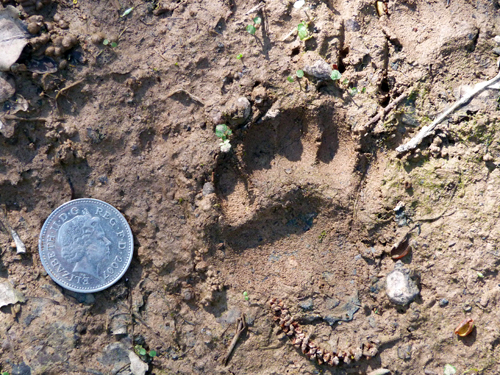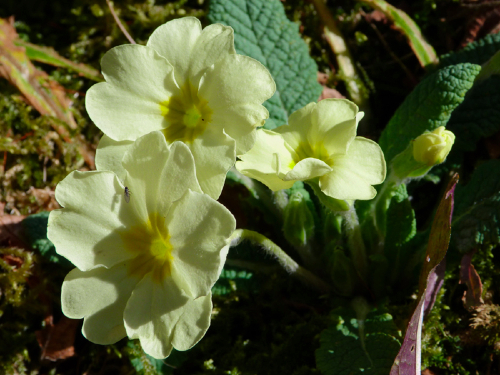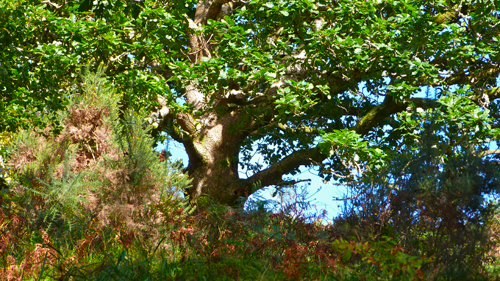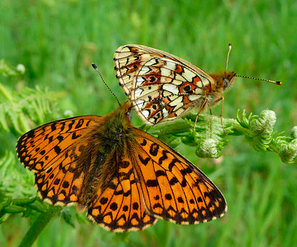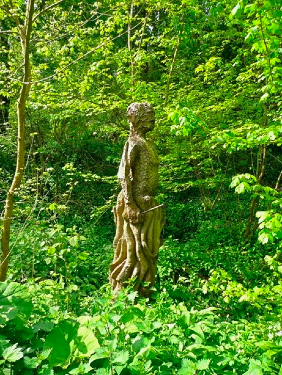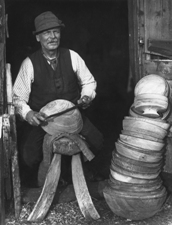by Katy Craig
Before I started my National Certificate in Horticulture course last year I was a blank canvas. I couldn’t tell one tree from another, I didn’t know what was a weed and what wasn’t, I didn’t even know the difference between annual, perennial, and biennial. But thankfully my redeeming quality was that I was desperate to find out. Six months in, I already know that my knowledge of everything that grows from the ground is my most valuable possession; I can’t believe I went without it before, and every day there are opportunities for me to put this knowledge to use.
Almost everyone around me asks me to come and ‘do’ their garden, because isn’t that what I’m learning at college? At the start, I thought so too. But I was wrong, horticulture isn’t just gardening, and luckily my course is so much more than just learning how to wield a hoe like a pro, I’m learning about the whole world and the most important things in it.
If you’re reading this, I’m sure you already at least have an interest in the woods in the UK, or maybe you’re one of the lucky ones that have more knowledge than they know what to do with. But no matter what, there’s always so much more to learn, and that’s the beauty of learning about the land. There are always people that you will come into contact with who can teach you something you never knew, who can show you how to do something that you never thought possible. In horticulture, the options on what you can learn and how to learn it are infinite.
My drive to learn comes from looking at the landscape around me. I want to know what a tree is called, where the species was originally found, and what its purpose is. I want to know about the soil under my feet, and how it affects the plants. I find myself surprised and amazed and filled with wonder everywhere I go, where things are growing. This is particularly dangerous while driving, because sometimes the hedges along the side of the road are just a little too interesting for me. At Christmas, I got a lovely little book about hedgerows and an awesome waxed hat, and it was the best Christmas present since I stopped believing in Santa. As a kid I collected Beanie Babies, but now I collect knowledge. Horticulture is leaking into every part of my life and there’s no harm in it.
A very important reason for learning about horticulture is the balance between gaining something for yourself, and the land around you. I’m not in college to get my qualifications so that I can get a good job and buy a big house and fill it with junk to get some enjoyment out of my life, I’m intent on doing good in the world at whatever level I can, and maybe someone will pay me for my time. At the lowest level, with the skills I have so far, I can at least work on my own garden and the gardens I get asked to work on, so that people can spend time outdoors and enjoy the sunshine and fresh air, and watch things growing around them.
As I go further, I can work in a botanic garden or a trust garden and work on the preservation of collections of plants and traditions. I could end up working in farming, looking for ways to optimise production while still protecting the landscape. Working in forestry would mean protecting the planet itself for generations. There’s a forest near where I live in Fife that exists almost entirely to stop the land disappearing and becoming part of the sea, which I find incredible. Knowing that these are my opportunities to take and that they aren’t so far out of reach gives me a cosy warm glow inside, and makes me want to try harder.
It’s the mission of a horticulture, land, or environment student to protect the land, directly or indirectly. Our aims are not selfish. We work the land to meet our needs, and we need to make sure we’re giving back to it too. We are the ones with the knowledge to stand up to the people in governments all over the world and tell them to take a hike when they plan to do something that will damage the land. Maybe take them on an actual hike and show them that they aren’t just representing the people, but the land the people live in.
Next year I’ll be on Higher National Certificate level, which is equal to the first year of university. When you compare that to anyone else at my level of study in another subject, I’m still a rookie, practically uneducated, still a child. I could say I’m a horticulture student to almost anyone, and they would think I’m someone who didn’t do very well at school, and is only capable of pushing around a wheelbarrow. They don’t know that I was set an essay on binomial nomenclature before we even had our first class in September, they don’t know I’ve been tested on scores of plant names. And I don’t blame them, because it’s likely they don’t have any knowledge of horticulture at all.
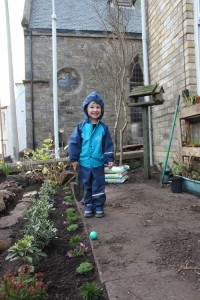 Luckily my son isn’t going to grow up not knowing which of the plants are weeds, he’s only three and already knows more about horticulture than I knew before last September.
Luckily my son isn’t going to grow up not knowing which of the plants are weeds, he’s only three and already knows more about horticulture than I knew before last September.
At nursery, which is attached to my college, they have these adorable mini rakes and spades and hoes, which actually work believe it or not, and a little plot they get to work in. He goes with his little class around the woodland walk and they wear all-in-one waterproofs so they can get outside in any weather. Old wellington boots are dotted around the entrance where the kids themselves have planted bulbs, and they talk about watching them grow. I don’t remember being outside planting anything for my whole school life. We put some cress seeds on a piece of wet paper towel, and that was it.
I believe that education in land and environment is incredibly important, and should start from a young age, because no kids complain about getting outside and playing in the mud, and adults like me don’t complain either. If we all had a bit of knowledge about the green stuff that grows around us, organisations like Save Our Woods would be so much more successful. I’m an educated individual that intends to get really, really educated so that I can solve the problems with the land in our country with the people who are in charge of it.
Katy is 23 years old and lives with her son Jackson in Fife, Scotland. She attends Scotland’s Rural University College at the Elmwood Campus www.elmwood.ac.uk in Cupar, Fife.
Her blog, www.botanikaty.wordpress.com, is a diary of her studies and is developing into a resource for other horticulture students.















